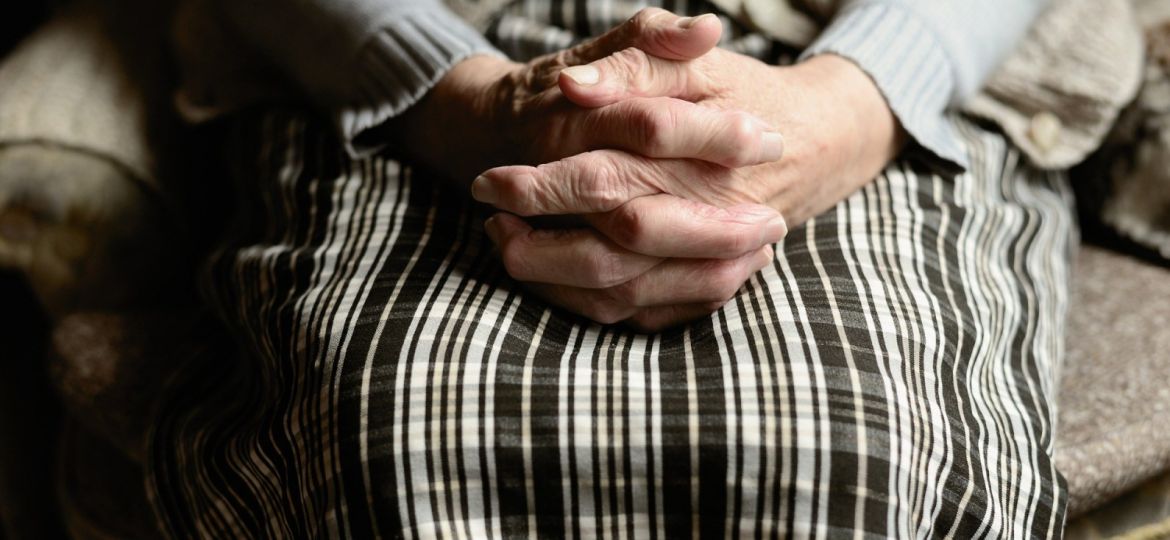
As we age, we undergo life events and changes that can cause us to feel anxiety, stress, and sadness. But when our occasional feelings evolve into more serious mental health issues like depression and mood disorders, it’s important to seek help.
Depression and other challenges with mental health are common in older adults and seniors, and unfortunately, society often accepts those changes as a normal part of aging. Studies show the majority of seniors actually report feeling satisfied with their lives despite an increase in physical health complications. But for those older adults who do struggle with depression, appropriate treatment isn’t always sought.
Signs and Symptoms of Depression in Seniors
Diagnosing depression in older adults is often more challenging than it is with young people. Many seniors are left undiagnosed because their symptoms appear to be related to other physical health conditions. As an example, trouble paying attention can appear to be a symptom of Alzheimer’s Disease.
Common symptoms of depression are:
- Sadness, anxiety or an ‘empty’ feeling
- Fatigue, difficulty sleeping or oversleeping
- Irritability and restlessness
- Difficulty paying attention or loss of interest in regular activities
- Irregular weight loss or weight gain
- Frequent crying
If you or a loved one are struggling with these symptoms, it’s important to pay attention and not rule out the possibility of a mental health disorder before speaking to a doctor and undergoing testing.
What Causes Depression in Seniors?
Regardless of age, there are a number of factors that can contribute to depression including our genes, personal history, brain chemistry and stress levels. While all are important factors to consider, it’s likely that stress heavily contributes to depression for older adults.
Think about the major life milestones and frequent changes that occur later in our lives. We usually begin to experience a greater number of family members and friends passing away as we age. It’s also not uncommon to transition into new environments, such as out of independent living into a care facility or retirement home. We look forward to retiring our whole lives, but don’t necessarily consider how all that extra time will affect our mental health in the long run. Our social, physical and mental state is changing rapidly, and it isn’t always easy to navigate.
How to Care for a Senior with Depression
- Spend time with them – It’s so important for older adults to maintain a social life and spend time with their loved ones. Feelings of isolation and loneliness can contribute greatly to depression.
- Maintain an open dialogue – Try talking with your loved one about how they’re feeling. If they’re private about their feelings or persistent that nothing is wrong, just be there for them as you would a friend.
- Know when to get help – It’s never too late in life to make a commitment to wellbeing. Encourage your loved one to talk to a doctor about their symptoms or visit a counsellor that can provide guidance and strategies to manage depression and work towards a happier, healthier life.
At Your Counselling Ltd, we work with seniors and older adults in Calgary to cope with major life changes, recover from depression and begin leading a happy, healthy life again. If you or a loved one are struggling, contact us today for a Free Consultation and take the first step towards a better life.
To learn more on this topic, click over to our thorough blog titled Depression: Everything You Want To Know.

